Dear society,
How often do you ignore the pain of the human condition? How do you continuously fail the people who are in the most need? How much will you watch us bleed and weep until deciding it’s finally time to help?
And why did you ever normalize the trauma of periods?
I am one of the many people with a uterus who have spent hours crying on the floor, unable to get up from the dizziness from the blood loss, unable to move from the intense crumpling of my body. No amount of help or painkillers or heat from a heating pad could take away the feeling of pain so intense I think I’m dying. Nothing could get me off of the floor and onto my feet, walking and “pushing through the pain.”
I am one of many who has had their pain dismissed as “normal” and something “not to worry about.” But I worry about what would have happened if an AP hadn’t found me collapsed, crying on the floor against the stairs, in an attempt to reach the nurse’s office when I was having intense dizziness and abdominal cramping to the point where I couldn’t walk.
We’re all familiar with the insensitive, unfunny jokes about periods. “She’s in a bad mood, it must be that time of the month.” “Are you mad at me because you’re on your period?” And one thing that these “jokes” show me is how uneducated we are on what periods are like for those who experience them. There’s nothing funny about crying on the floor for an hour, being constantly crushed and tortured by the pain of one’s period. There’s nothing funny about the pain being so bad that you’d rather die than live through it for another second. There’s nothing funny about periods.
The lack of education about periods and the menstrual cycle in today’s society can be seen as early as elementary school. I didn’t know about the existence of periods until maybe fifth grade when I read American Girl’s “The Care And Keeping of You: The Body Book for Younger Girls.” I was fascinated and surprised at how much I did not know about my own body, shocked about how much I was not informed about when it came to taking care of myself.
One way this lack of knowledge affects our society, especially girls, is that we are less prepared when it comes to knowing what to do when someone is on their period. For girls who get their period before they know what is happening, it can be traumatizing. And unfortunately, this is an example of the reality that is under Florida’s “Don’t Say Period” law, which bars instruction on sexuality, reproductive health and menstruation before sixth grade in Florida’s public schools.
There are many problems with this, and a notable one is the fact that it is possible for girls to get their period before they reach middle school. I knew a girl who’d had her period when she was in fourth grade, and if Florida’s law applied to Texas, the worst-case scenario would be that she would be terrified at what was happening to her body.
Another problem is that it creates a stigmatization around periods, making it difficult for kids, teens and, yes, adults, to talk about them in a mature manner, if at all. What this indirectly tells us is that periods are an elephant in the room, something “dirty” and shameful that we mustn’t talk about.
And at some point in our educational journeys, there’s the day when the teacher tells all of the boys to step outside of the room so the teacher can have a girl-talk with the remaining students. The teacher tells the boys, “This conversation isn’t for you.” What this tells the kids outside and inside of the room is that they cannot talk about periods with the other group, and this creates alienation for both groups. Not only that, but this tells boys that because they don’t get periods, they don’t have to learn about them.
Everything I’ve mentioned here shares one common trait: they lead to misunderstanding, isolation and shame among girls and women when it comes to periods. Our pain becomes normalized and ignored at the same time. Not only does this affect our upbringing, but it affects us for the rest of our lives.
Ironically, this lack of education expands beyond just periods and even follows women into the doctor’s office. Conditions such as endometriosis and uterine fibroids are among many that women experience lack of treatment and diagnosis for, causing extremely painful periods among other things.
And even though a significant percentage of the female population experiences these conditions, they’re widely ignored and misdiagnosed, if diagnosed at all.
My message to you, society, is that we need this to change. This world is for all of us, so all of us must work together and fight for the change that we want to see, no matter how much you attempt to silence us. We will petition our voices, write to our representatives, connect with community and work together to challenge these unfair standards.
We won’t be silent about this.



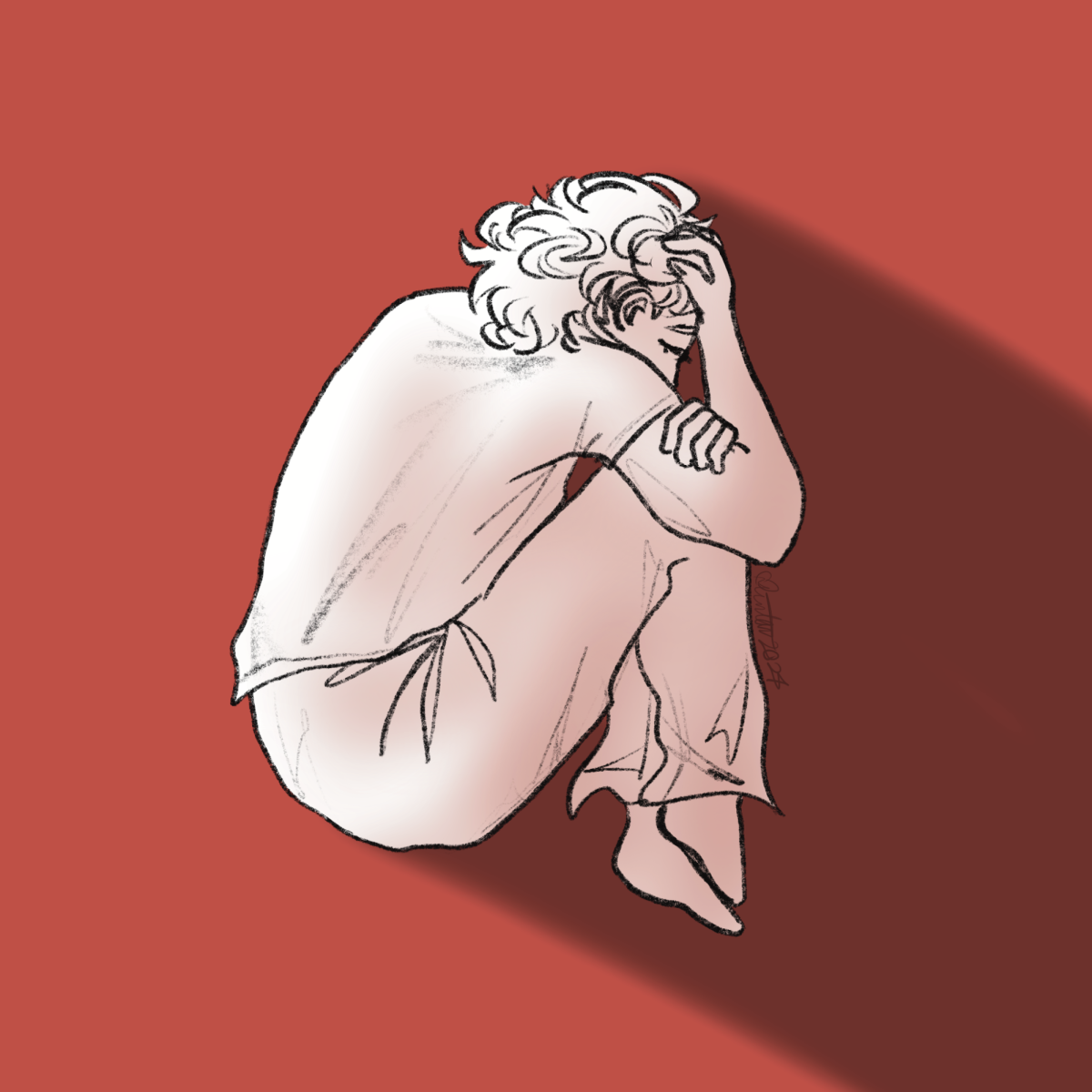
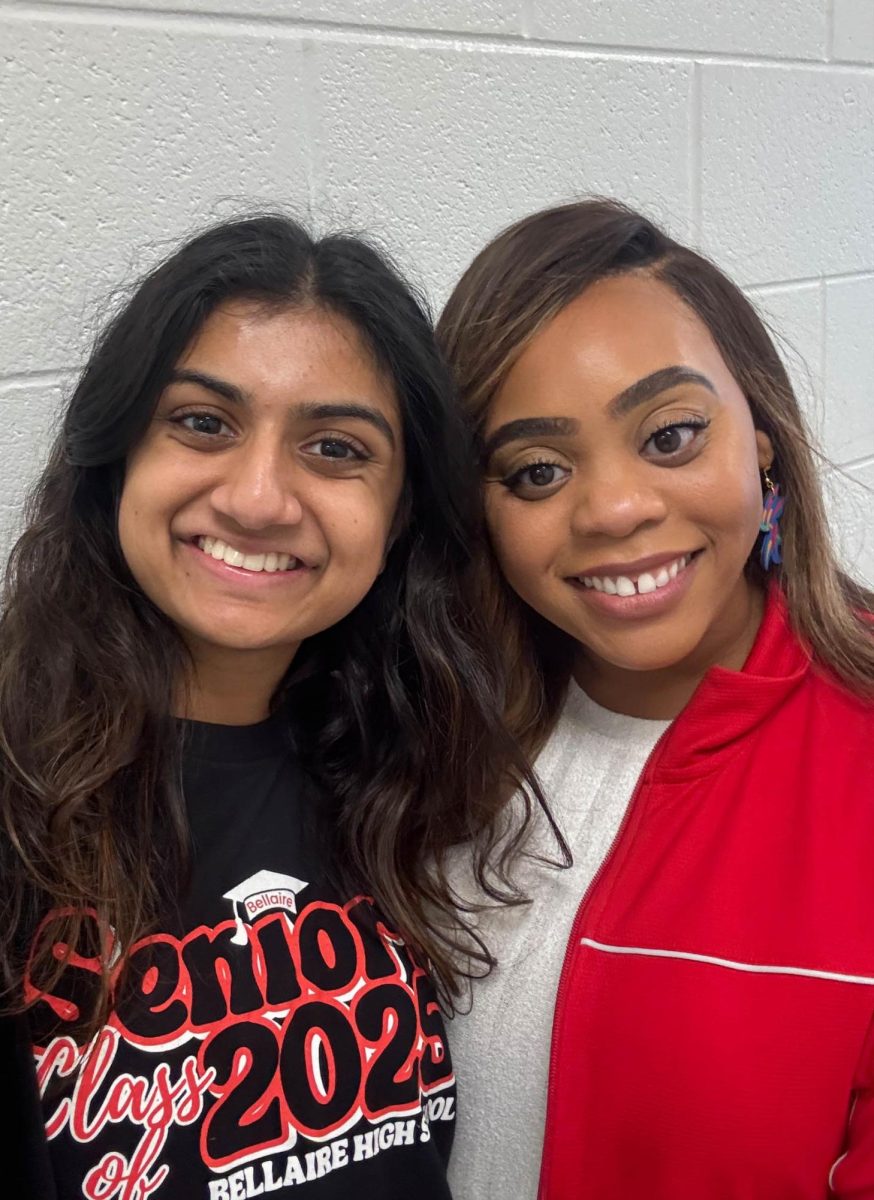

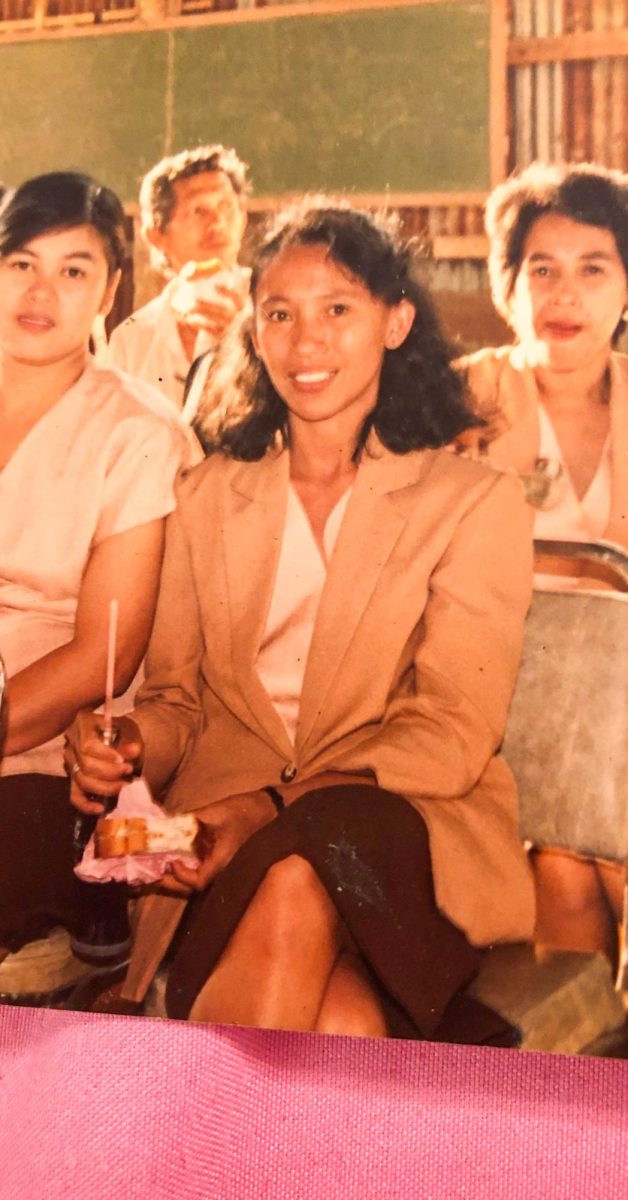


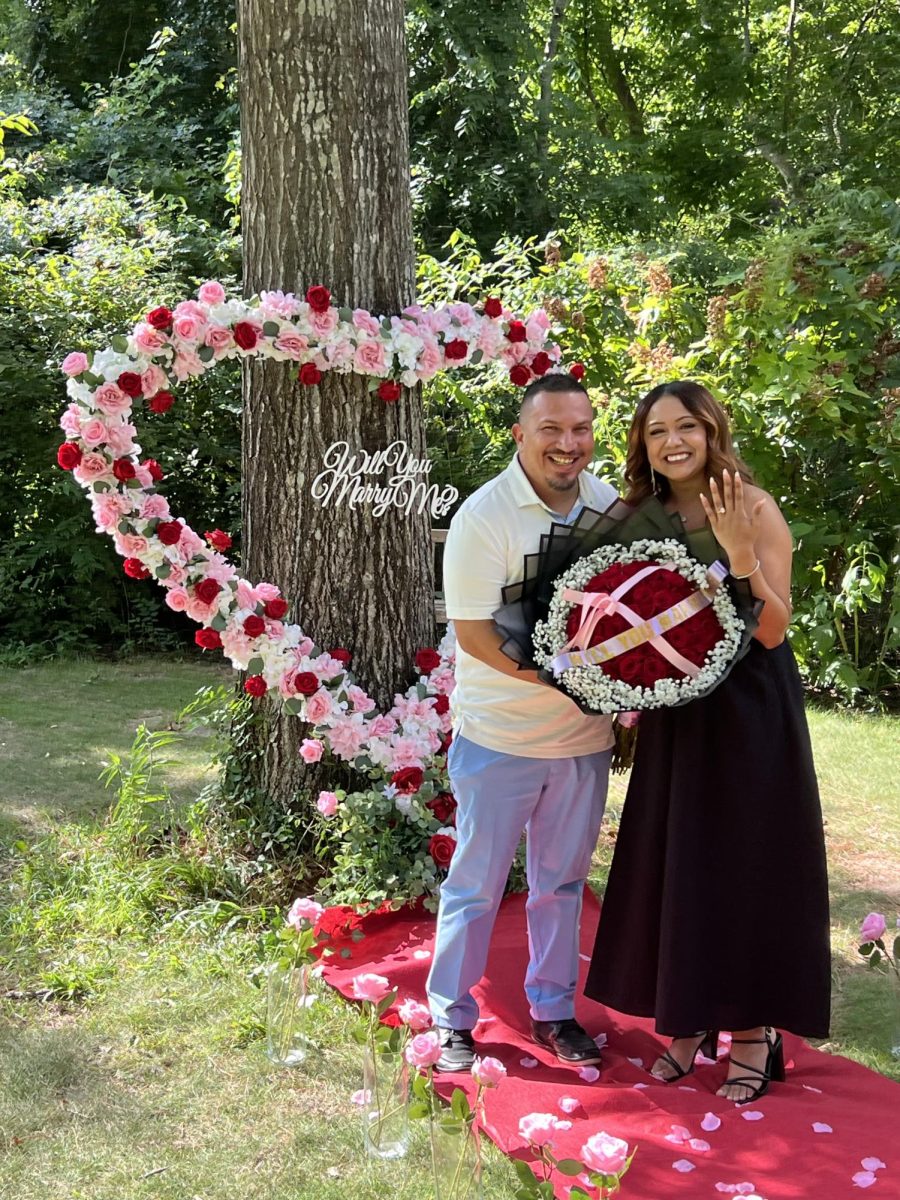


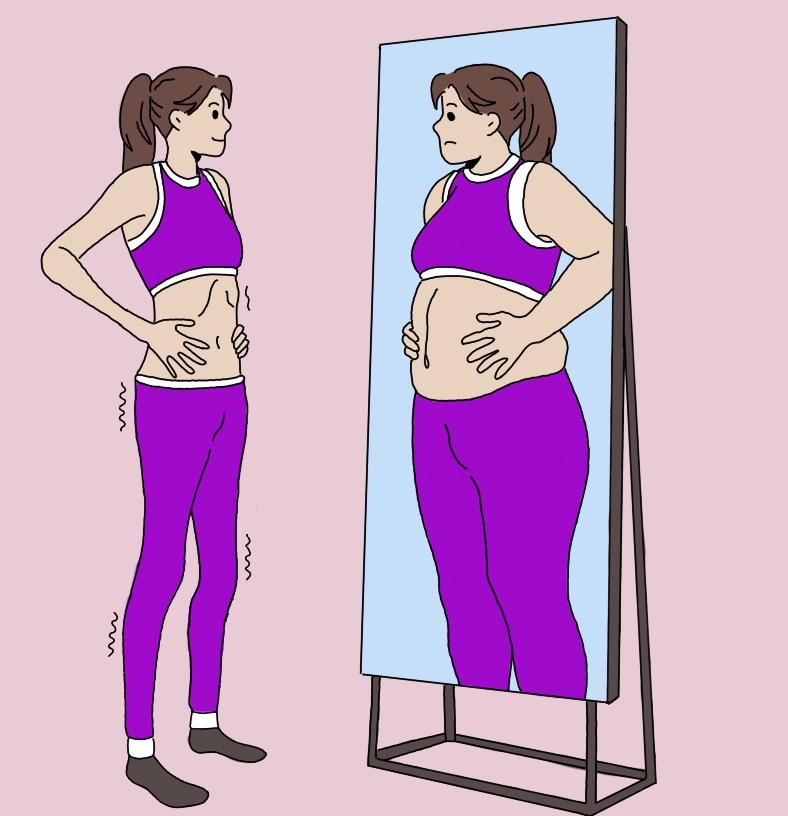
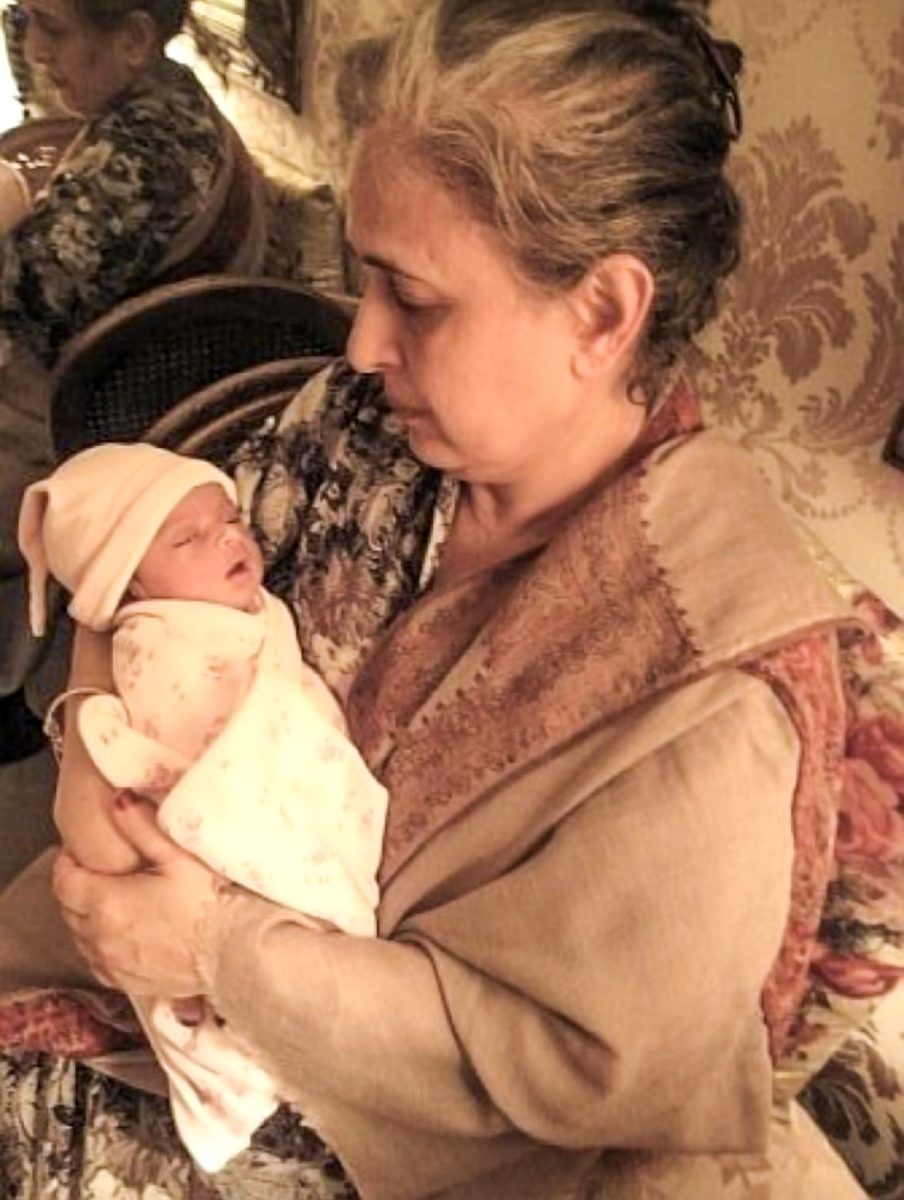
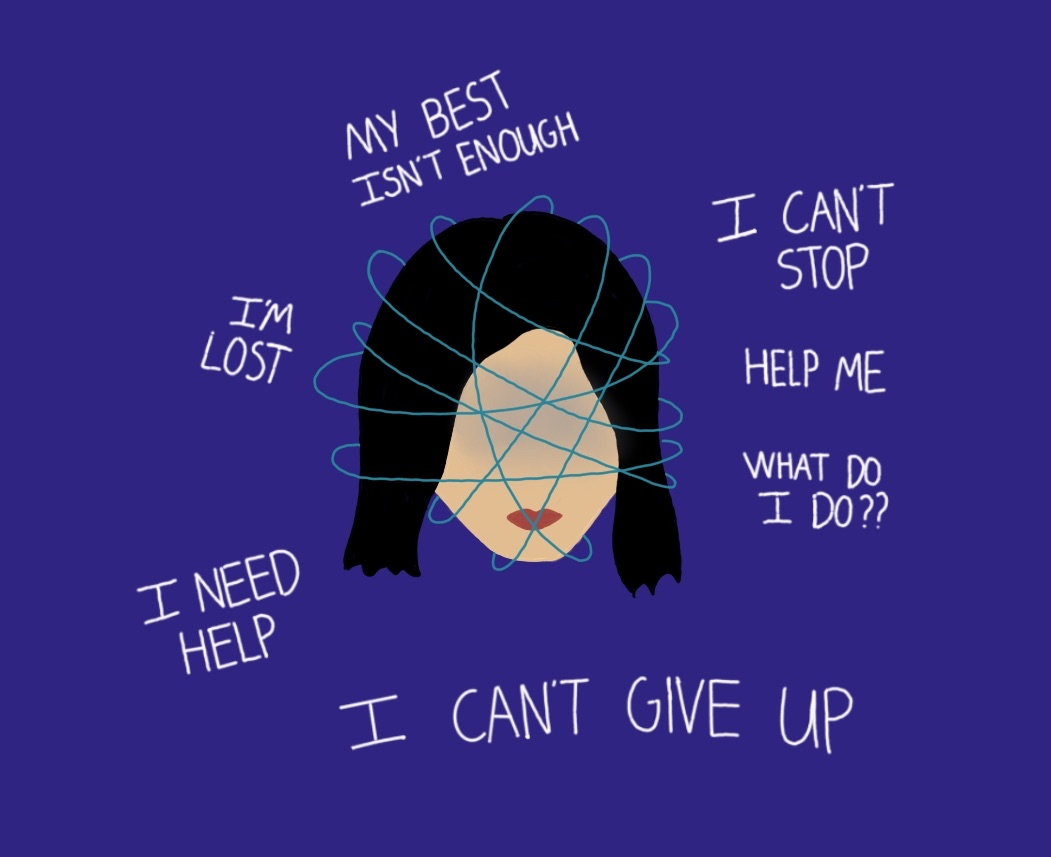





dr. jacob • Feb 19, 2025 at 12:30 pm
hi, this sounds a little like endometriosis.
Catherine Xue • Feb 5, 2025 at 2:51 pm
This is such a well written and real story, Helen!
Alia Hassan • Feb 5, 2025 at 2:15 pm
Incredible story Helen! Thank you for writing about this.
Clementine Behelfer • Feb 5, 2025 at 11:26 am
This is such an important thing to talk about. Amazing story!!